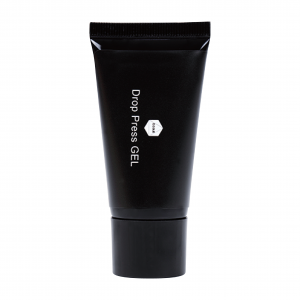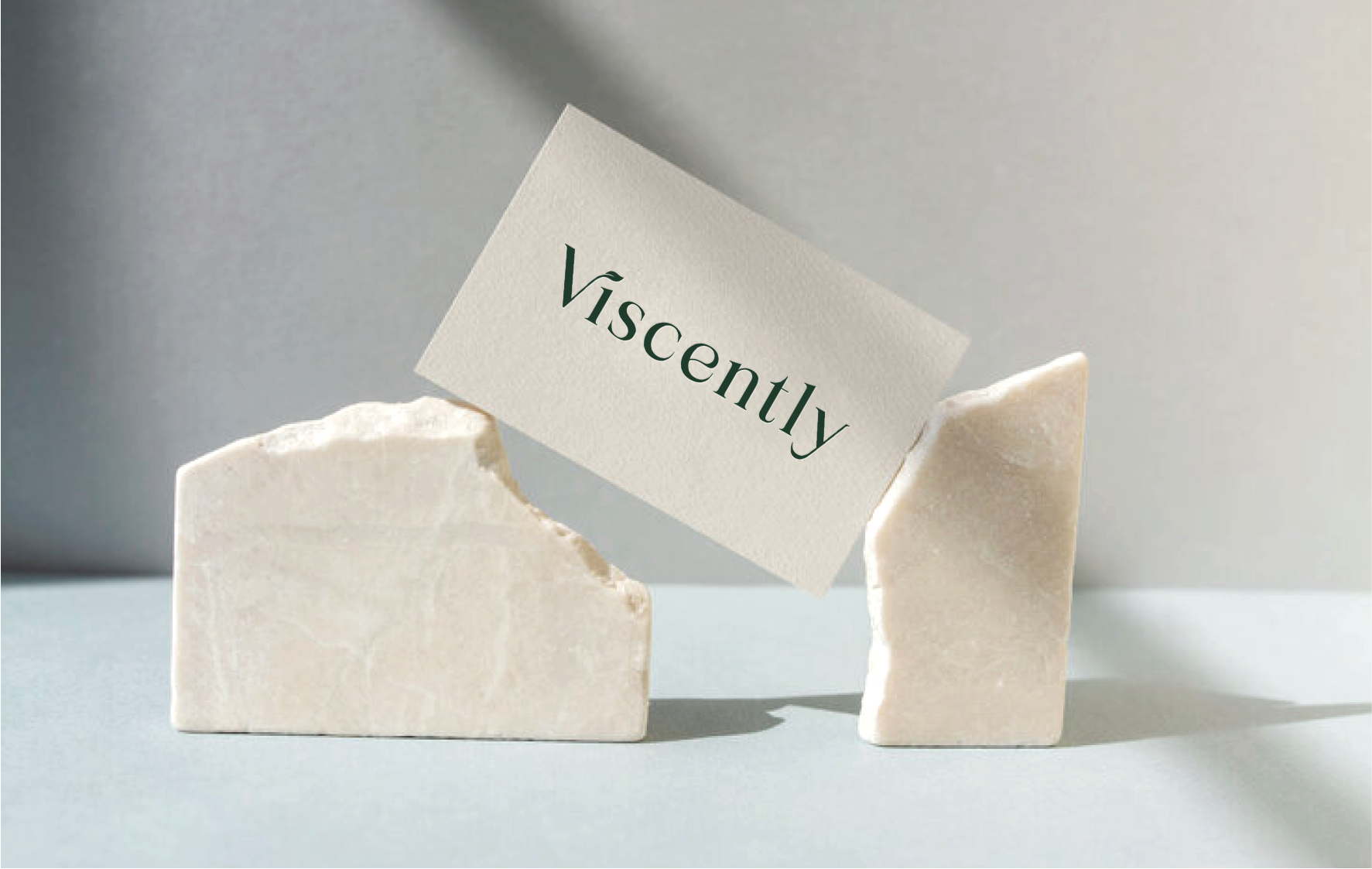Definition of Malpractice & Maladministration:
Defines ‘Malpractice’, as any act, default or practice which is a breach of the regulations or which:
- gives rise to prejudice to candidates; and/or
- compromises public confidence in qualifications; and/or
- compromises, attempts to compromise, or may compromise the process of assessment, the integrity of any qualification or the validity of a result or certificate; and/or
- damages the authority, reputation or credibility of any awarding body or centre or any officer, employee or agent of any awarding body or centre.
- Maladministration: Any actions, neglect, default, or other practice that compromises the accreditation or quality assurance process including the integrity of accredited qualifications, the validity of any certificates, or the reputation and credibility of SQA Accreditation.
- Malpractice: Any deliberate actions, neglect, default, or other practice that compromises the accreditation or quality assurance process including the integrity of accredited qualifications, the validity of any certificates, or the reputation and credibility of ITEC Accreditation.
Arrangements to prevent and investigate instances of Malpractice & Maladministration
We check that students declare that their work is their own, for instance:
- All our internal assessors are responsible for checking the validity and authenticity of the students’ work.
- For learners’ work taught and/or assessed using distance learning/assessment.
- We require all students to provide a written declaration that the evidence is authentic and that the assessment was conducted under the requirements of the assessment specification.
- We verify the identity of a learner before they take an examination.
- Where assessment is to be conducted in a language other than English, centres must ensure that provision is made for such work to be verified and authenticated.
To reduce malpractice, we have several ways below:
- Using the induction period and the student handbook to tell students about our policy on malpractice and the penalties for attempted and actual incidents of malpractice.
- Showing students the appropriate formats to record cited texts and other materials or information sources including websites. Learners should not be discouraged from conducting research; indeed, evidence of relevant research often contributes to the achievement of higher grades. However, the submitted work must show evidence that the learner has interpreted and understood appropriate information and has acknowledged any sources used.
- Checking that access controls are installed to stop learners from accessing and using another person’s work.
- Checking that learners do not take prohibited materials into an exam and, if appropriate, have facilities for learners to store mobile phones, bags, and other materials. Prohibited materials are likely to include web-enabled communication devices such as mobile phones, iPads and smartwatches and materials which might provide an advantage such as calculators, notes, and revision materials.
- Having procedures for assessing work in a way that reduces or identifies malpractice such as plagiarism, collusion, or cheating.
These procedures may include:
- Periods of supervised sessions during which evidence for assignments/tasks/coursework is produced by the learner.
- Altering assessment assignments/tasks/tools on a regular basis.
- The assessor assessing work for a single assignment/task in a single session for the complete cohort of learners.
- Using oral questions with learners to check their understanding of the work. o Assessors getting to know their learners’ styles and abilities.
3. What to do when we suspect malpractice or maladministration:
An initial notification of suspected or actual malpractice or maladministration should be submitted to ITEC no later than 2 days after the occurrence of the event. The notification must include the following information:
- centre name and contact details of person submitting the notification;
- student’s name and registration number (if applicable);
- name(s) and job role(s) of centre/awarding organisation personnel involved in the case;
- qualification(s) or service(s) affected;
- nature of the suspected or actual malpractice or maladministration and associated dates;
- details and outcome of any initial investigation carried out by the centre or other person involved in the case, including any mitigating circumstances;
- declaration of any personal interest by the person making the allegation.
Within 2 days of notification:
- informs the head of centre in writing of the allegation, the information provided to date, the process of investigation and the possible outcomes;
- shares with the head of centre any information in relation to the allegation and investigation that will be, or has been, shared with regulator(s) and may be shared with other relevant bodies (e.g. police);
- draws the attention of the head of centre to the right to appeal in case the centre ultimately wishes to appeal against the outcome of the process;
- establishes/confirms the lead contacts for ITEC and the centre for the impending investigation;
- may direct the centre to carry out an investigation, or inform the centre ITEC will be undertaking the investigation itself;
- clarifies the process for the investigation;
- notifies the regulators, and subsequently updates them throughout the investigation;
- may apply sanctions if deemed appropriate, pending the outcome of the investigation, and if so informs the head of centre of these.
Rac Beauty Academy must:
- provide ITEC with all the requested information;
- advise all parties implicated in the case of the allegation and possible outcomes;
- ensure all parties involved receive a copy of the Malpractice and Maladministration Policy and Procedures and are made aware of the timescales for the investigation;
- inform those parties of any actions taken pending the outcome of the investigation;
- advise all parties implicated that they have the right to respond to allegations and the right to appeal against any decisions for actions against them.
ITEC carries out its investigation, or the centre investigates if directed by ITEC for example, in the case of an
4. Learner Appeals procedure/ policy:
If students decide to proceed to the independent appeal stage we will arrange for an independent review to be carried out.
This will be carried out by someone who is not an employee of ours, an Assessor working for us, or otherwise connected to our organisation. They will also be someone with the relevant competence to make a decision in relation to the appeal and will not have a personal interest in the decision being appealed.
The Independent Reviewer will analyse all the evidence and ensure ITEC have applied their procedures fairly, appropriately and consistently in line with the ITEC Appeals Policy.
The independent review process may involve:
- a discussion with the Appellant or the Learner and ITEC personnel
- a request for further information from the Appellant, the Learner or ITEC personnel
- a Centre visit by authorised ITEC personnel
5. The appeals process
When an appeal is lodged, we’ll carry out a preliminary appeals investigation. This will take the form of a fresh examination of all the available evidence and may involve case officers, subject-related assessment staff and senior examining personnel. We will inspect the review of marking or moderation files and other relevant records to check that the correct processes were followed at each stage of the marking process.
Where the appeal alleges that a specific marking or moderation error has occurred, we’ll refer the details of the alleged error to a senior examiner or moderator for further review and response. That senior examiner or moderator will not have had any previous involvement in the marking or moderation of the component.
We will acknowledge each appeal application within two working days of receipt. We’ll send a letter stating the outcome of the preliminary appeal within 42 calendar days of receipt of a valid appeal application. In the event that the appeals office is unable to complete its consideration within this timeframe, we’ll advise the centre of the likely extent of any delay.
If, following the preliminary appeal, a centre remains dissatisfied with our response, the head of centre may request the opportunity to present their case at an appeal hearing where a panel of people who are wholly independent of ITEC will consider the case. Further details on this stage of the process will be provided in the preliminary appeal outcome letter and can also be found in the Appeals booklet.
If, following an appeal hearing, the centre remains dissatisfied, it may submit an appeal to:
ITEC where the qualification is in scope.
If you decided to proceed to the independent appeal stage we will arrange for an independent review to be carried out.
This will be carried out by someone who is not an employee of ours, an Assessor working for us, or otherwise connected to our organisation. They will also be someone with the relevant competence to make a decision in relation to the appeal and will not have a personal interest in the decision being appealed.
The Independent Reviewer will analyse all the evidence an ensure ITEC have applied their procedures fairly, appropriately and consistently in line with the ITEC Appeals Policy.
The independent review process may involve:
- a discussion with the Appellant or the Learner and ITEC personnel
- a request for further information from the Appellant, the Learner or ITEC personnel
- a Centre visit by authorised ITEC personnel
Appeal Fees:
The maximum amounts that we will charge are $_____per examination component for the preliminary appeal, and $______ for any subsequent appeal panel hearing.
There is no requirement for any fee to be submitted with the initial appeal application. We’ll not charge centres for special consideration appeals or for any appeal that’s upheld.
Complaints handling policy
PURPOSE
The Student Complaints Management Policy and Procedure outlines the mechanisms for students to lodge a complaint about an aspect of Rac Beauty Academy services or administrative issues.
The complaints process complements other processes where students may seek a review of or appeal against certain decisions of the Academy. The complaints process cannot be used as an alternative avenue for review or appeal processes that are established through other academy statutes or policies.
Rac Beauty Academy expects students to make complaints in good faith. This means that complaints are made about a genuine concern, and not for the purpose of causing annoyance or malicious harm to another person.
SCOPE
This Policy applies to persons applying to, or currently or previously enrolled in, any Rac Beauty Academy’s subject or course, including those conducted by third parties.
Issues must be raised within 12 months of the issue or incident. Rac Beauty Academy may consider complaints submitted after this period where it determines that there are exceptional circumstances.
The student complaints process may be used to raise concerns or submit complaints about:
- customer service/administration issues
- matters of process related to Rac Beauty Academy experience;
- academic standards and educational quality-related issues;
- third parties while providing services on behalf ofRac Beauty Academy, such as contractors, education agents and third party providers, including those individuals and organizations supervising student placements.
The student complaints process does not include complaints about inappropriate student conduct.
Where a student wishes to seek a review of, or lodge an appeal against, specific decisions of Rac Beauty Academy they may be referred to other relevant statutes, policies or procedures.
POLICY STATEMENT
As part of its commitment to quality, Rac Beauty Academy recognises the need for an effective complaints mechanism to adequately resolve student grievances and complaints about University life.
Rac Beauty Academy seeks to provide a student complaints mechanism that:
- is easily accessible;
- investigates and resolves complaints in a timely manner;
- applies principles of procedural fairness, as appropriate;
- attempts to resolve complaints as close to the source as possible;
- does not pursue investigations of vexatious complaints or complaints without substance; and
- is free from victimization.
Complaints will be managed consistent that:
- complaints will be treated by all parties with appropriate confidentiality;
- each complaint resolution process is conducted by as few people as possible;
- complaint records may be disclosed to appropriate officers of Rac Beauty Academy or external authorities, as part of the Rac Beauty Academy’s duty of care obligations, or as required by law;
- de-identified data may be used by the Rac Beauty Academy for the purposes of reporting on the management of student complaints;
- information systems and records are maintained securely and confidentially as necessary to document and record responses to formal complaints, allegations of misconduct, breaches of academic or research integrity and critical incidents.
Students may elect to remain anonymous when lodging a complaint. In certain circumstances, electing to remain anonymous may restrict the University’s ability to assist, or may limit the complaint outcomes available to a student.
All parties to a complaint are entitled to bring a support person to meetings and discussions. A support person can be any person chosen by the party but may not be a registered legal practitioner and may not speak on behalf of the party they are supporting.





